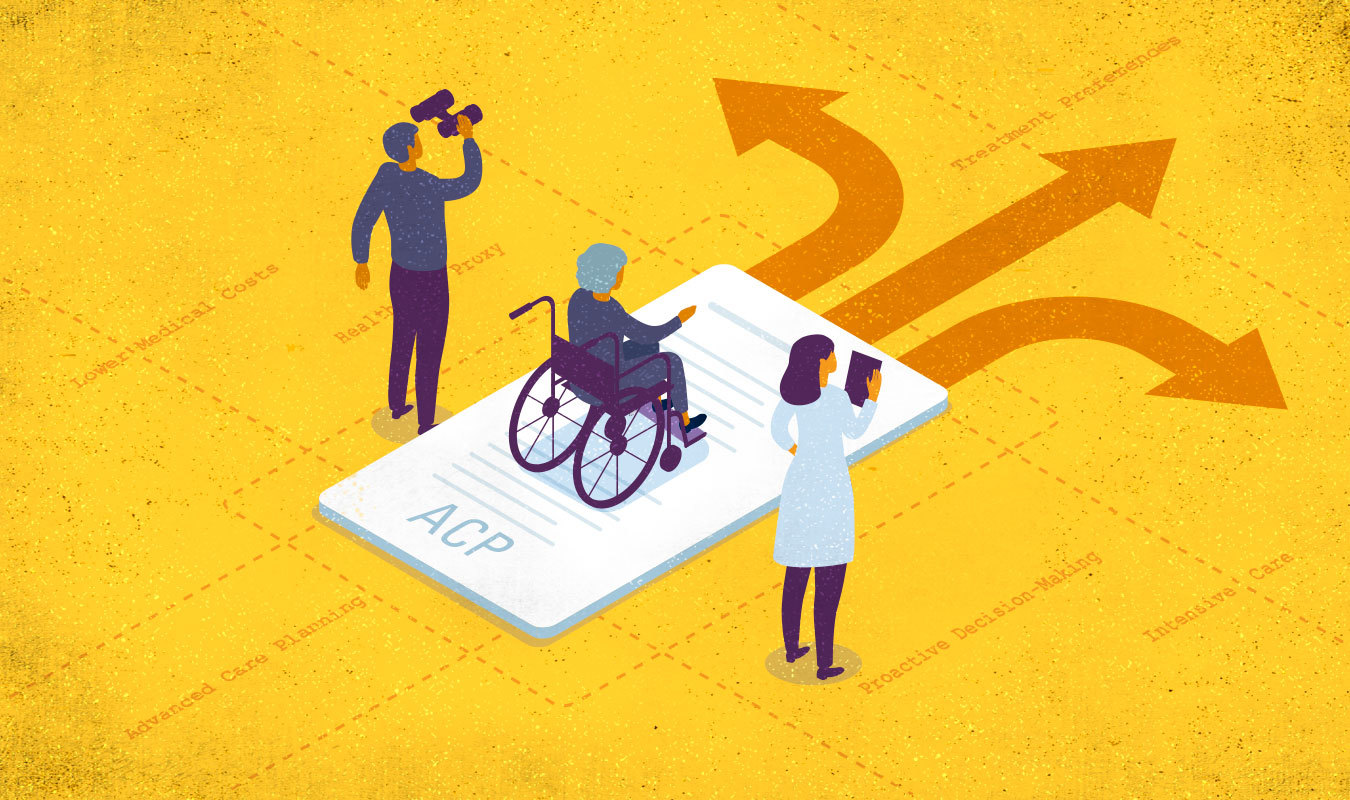The Impact of Advance Care Planning
May 07, 2023
This paper discusses the importance of planning in advance for end-of-life care and the impact this can have on both patients and their families. It examines the various forms of advanced care planning, including living wills, health care proxies, and end-of-life discussions, and explores how they can help ensure that individuals receive the type of care they desire at the end of life. Furthermore, it looks at research into these topics to identify any potential benefits or drawbacks associated with each approach. Additionally, it considers the ethical implications of advanced care planning in regards to patient autonomy and decision making.
Advance care planning can help individuals to think about their preferences for end-of-life care before a medical situation arises. This allows them to make informed decisions and ensure that those decisions are respected. Additionally, it helps families understand the wishes of their loved one, reducing potential disagreements between family members during difficult times. Furthermore, advanced care planning provides an opportunity for patients to discuss their concerns and fears with healthcare professionals, enabling better communication and providing the reassurance that the person’s choices will be understood and respected.

Research into advance care planning has identified several benefits. One study found that individuals who engaged in advance care planning had fewer hospitalizations, shorter lengths of stay in hospitals, less use of life-sustaining treatments at the end of life, and better end-of-life experiences for their families. Another study revealed that patients with an advance care plan had improved patient satisfaction, as well as higher survival rates than those without.
Despite the potential benefits of advanced care planning, there are ethical considerations to take into account. Advance care planning requires individuals to think about death in a proactive manner rather than waiting until they are facing a medical crisis to make decisions. This can be difficult for some people to do and may require them to confront their own mortality or fears surrounding death or dying. Additionally, the decisions made in advance care plans may not reflect what the individual wants when they actually experience a medical situation, leading to ethical dilemmas if changes need to be made.
